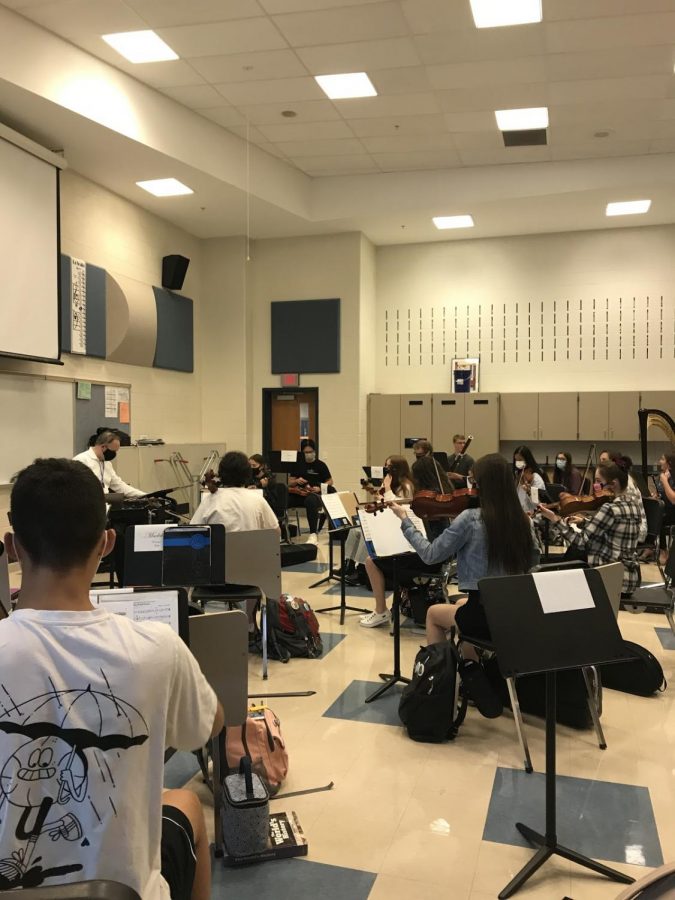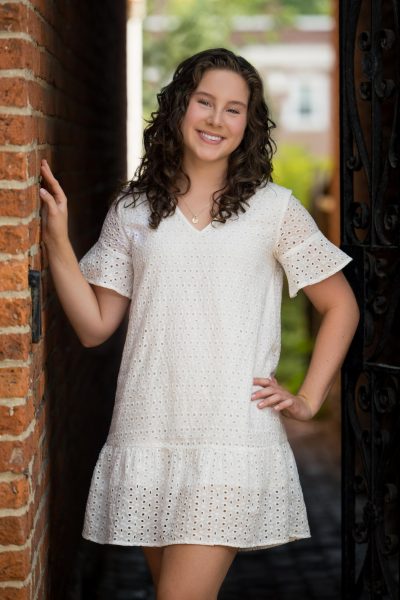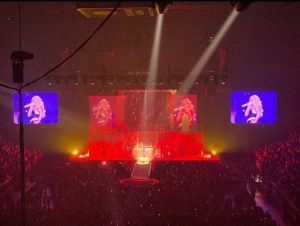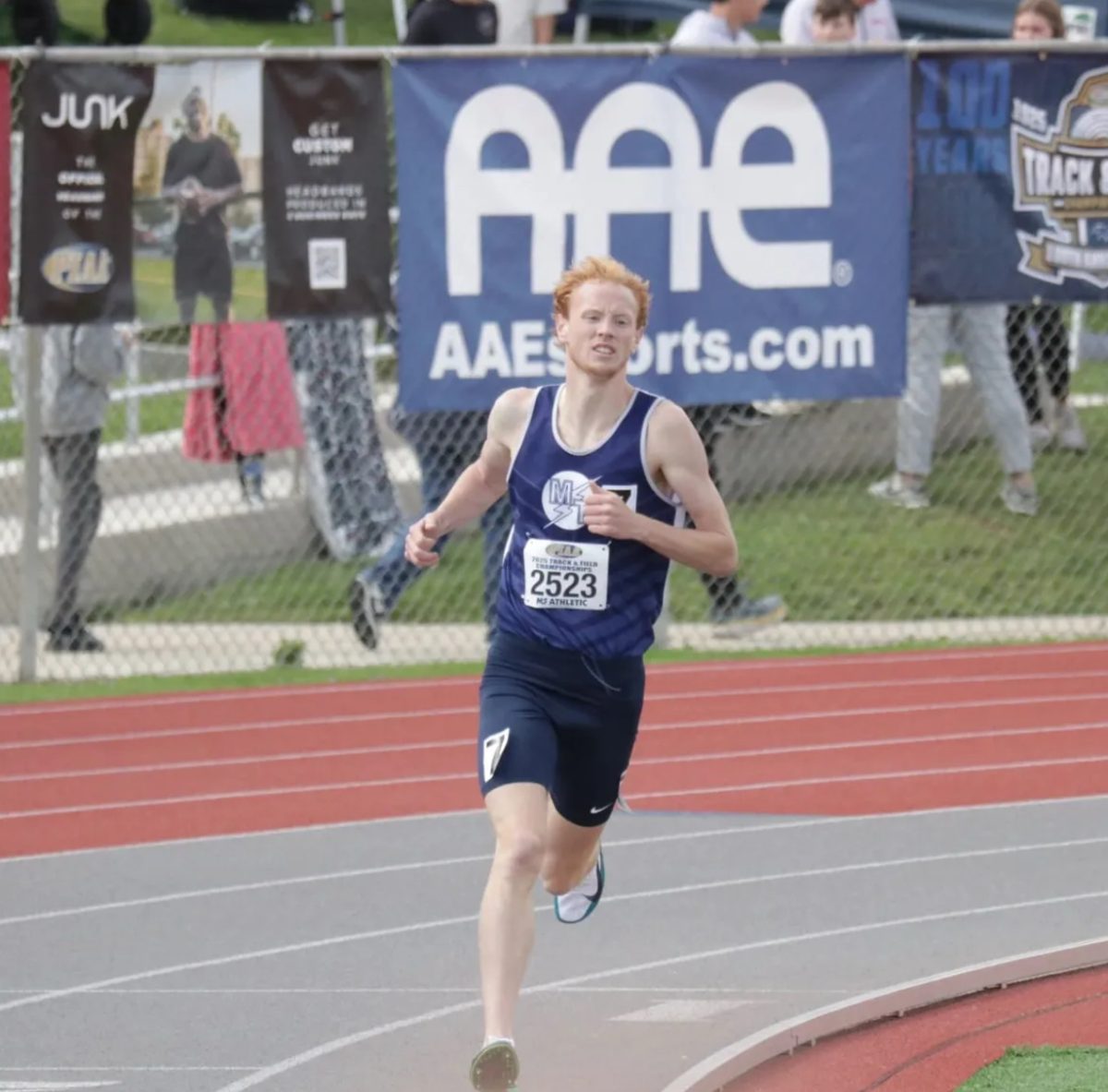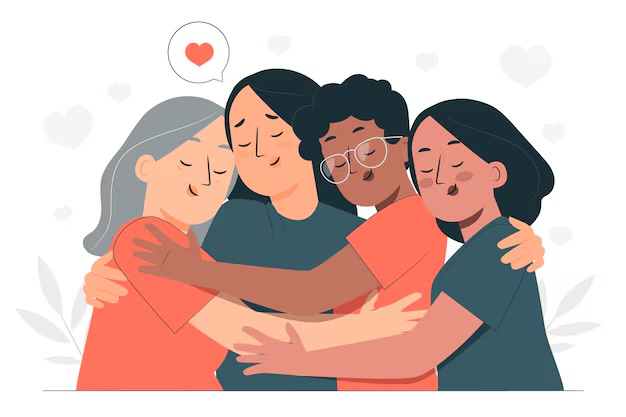A loss for orchestra
You don’t know what you have until it’s taken away
May 26, 2021
Among the many end of school events that have been cancelled this year, the spring orchestra concert was among them. For me, that was a major disappointment, and I didn’t realize how much this concert meant to me until it was no longer there.
I’ve been playing cello since I was ten. For the past five years, orchestra concerts have been an annual part of playing and I didn’t really think about them too much. I enjoyed them, and it was fun to be on the stage in front of a big audience, but I kind of just took them for granted. To me, concerts were simply a formal occasion where we would dress up in our nice black pants and white shirts, play a few songs for the crowd, and then come out backstage to the polite applause of parents and maybe a bouquet of flowers. But when I found out that the concert wouldn’t be happening this year, I discovered that I really would miss it.
The transfer from middle school orchestra to high school orchestra this year was a big one, at least for me. The songs were harder, the expectations were higher, and for the first time in my life, I actually wanted to show off what I had been playing. The other musicians and I would get these pieces that were harder than anything I had ever played before. I would practice everyday in school, then go back home and practice again. We would work out the tempo, the fingerings, and add solos and percussion where we thought it could add some sparkle. We would spend weeks and weeks creating a beautiful masterpiece of the deep tones and high lilts of the instruments that made up the collection of the orchestra. But all for what?
With COVID restrictions and other complications that came with this school year, having in-person concerts wasn’t a possibility—we knew that from the beginning. So we did what every other performance group was doing: we made recordings. We would gather in the auditorium and set up multiple cameras around the stage to capture what the players were doing. We’d play each song a few times, sometimes moving the camera around in between to record other people. But at the end of the day, it just wasn’t the same. There was no guarantee that my parents would even get to see me. There weren’t those pre-show jitters, or the thrill of stepping on stage and craning my neck to try to see my family. It was just a recording. And as happy as I am that we still got to show off our pieces in some way, these recordings just couldn’t replace the feeling of a real concert.
From my conversations with my friends and peers, I imagine this feeling extends to students even beyond orchestra—to athletes who didn’t get to play in front of their friends and family, to debate teams who didn’t get to step up to the podium. The sadness and disappointment that I’m feeling is something that everyone has felt this year, at least to some extent.
Don’t get me wrong, however; this is nobody’s fault. I understand that it was necessary to keep everyone safe. After all, we are finally nearing the end of this pandemic, and it truly would be a shame to take a giant step back and be thrown back into the chaos just because of a concert. And while I can allow myself to wallow in a little bit of sadness, in the grand scheme of things, I know that I am extremely lucky. There are people who have had to endure way more than a lost concert—losing their jobs, losing loved ones. Instead, I try to look on the bright side. I am only a freshman, which means I have three more years to experience high school concerts. While this year in orchestra was certainly different than how I had imagined it, I look at this as a small sacrifice I had to make for the world to (slowly) return to normal.


